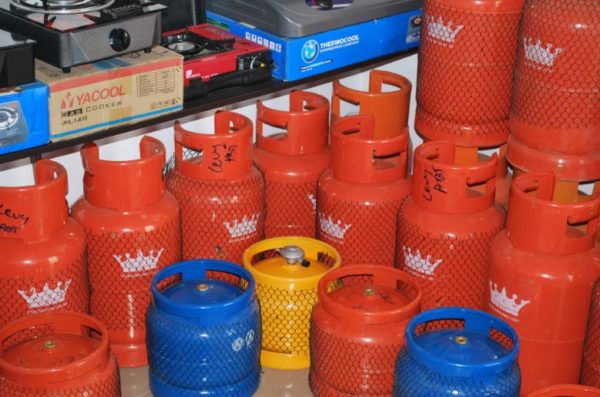The AU Commission on Friday in Abuja said the African Continental Free Trade Area (AfCFTA) would lift 30 million people from extreme poverty across the continent.
The Commission in a statement by Mrs Esther Tankou, Head, Information and Communication Directorate, AU, said another 68 million people would benefit from the elimination of trade barriers by AfCFTA.
Tankou described AfCFTA as a people-driven wholesome development agenda, saying an overhaul of trading activities would boost efforts to tackle poverty across Africa.
“Eliminating barriers to trade in Africa AfCFTA will lift 30 million people from extreme poverty and another 68 million people from moderate poverty.
“To boost intra-African trade, the continent embarked on gradual elimination of tariffs on 90 per cent of goods and reduction of barriers to trade and services with a view to increasing Africa’s income by 450 billion dollars by 2035.
“The successful implementation of the AfCFTA will lead to the creation of more decent jobs, improved welfare and better quality of life for all citizenry and sustainable development.
“Beyond policy transformation and reforms, AfCFTA will ensure inclusion of women and youths in rural areas, development of Small and Medium Enterprises (SMEs) and overall industrialisation of Africa”, she said.
Tankou said as at February 2022, Cameroon, Egypt, Ghana, Kenya, Mauritius, Rwanda, Tanzania and Tunisia participated in AfCFTA’s Guided Trade Initiative, designed to facilitate trade among interested state parties.
She also said the parties had met minimum requirements for trade under the agreement, saying the initiative supported match-make of businesses and products for export and import between parties.
Tankou explained the products earmarked to benefit from the initiative to include ceramic tiles, batteries, tea, coffee, processed meat products, corn starch, sugar, pasta, glucose syrup, dried fruits and sisal fiber.
According to her, in 2023, AfCFTA Guided Trade focuses on services, such as tourism, transport, business, communication, financial and travel-related transactions.
“The ultimate objective is to ensure that AfCFTA is truly operational; gains from the initiative are improved implementation, to increased inter-regional and intra-Africa trade that will yield economic development.
“The 2023 theme: “Year of AfCFTA: Acceleration of the African Continental Free Trade Area Implementation”, is expected to generate greater political commitment and accelerate the effective implementation of the initiative.
“The yearlong activities will enhance existing collaboration among the member states, the Regional Economic Communities (RECs), AU institutions, private sector and development partners.
“To mobilise and implement actions that boosts intra-Africa trade, particularly trade in value-added production and trade across all sectors of Africa’s economy,’’ she said.
According to her, AfCFTA will build on the progress achieved by the eight RECs under their customs unions, free trade areas and other trading arrangements.
She also said such move would unlock the potential of AfCFTA, promote made in Africa goods and services, and wholesome development strategy interlinking drivers of trade.














